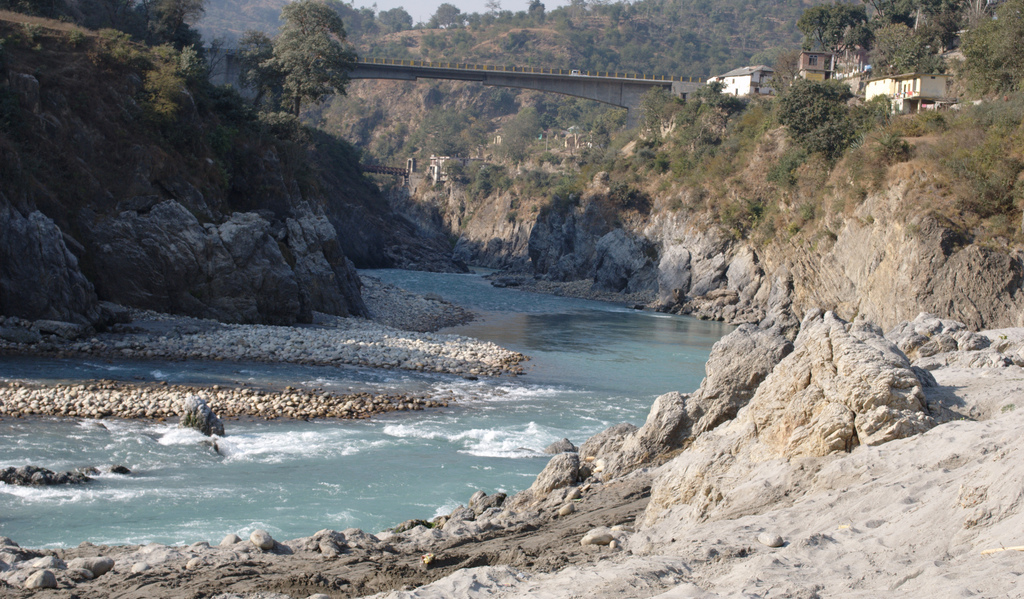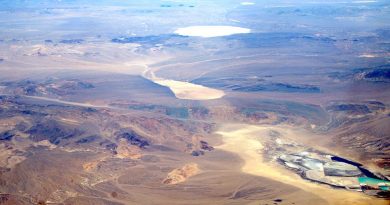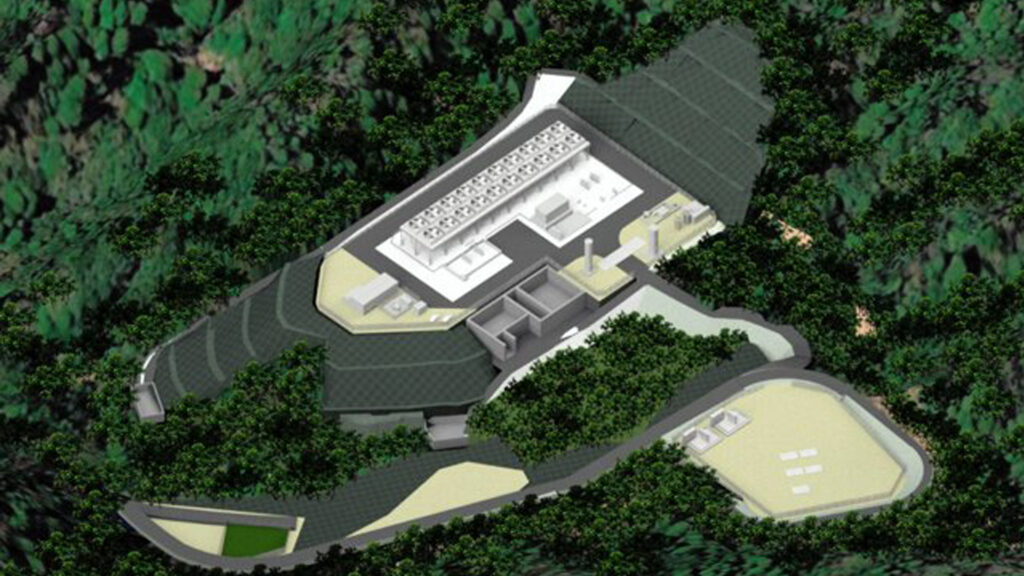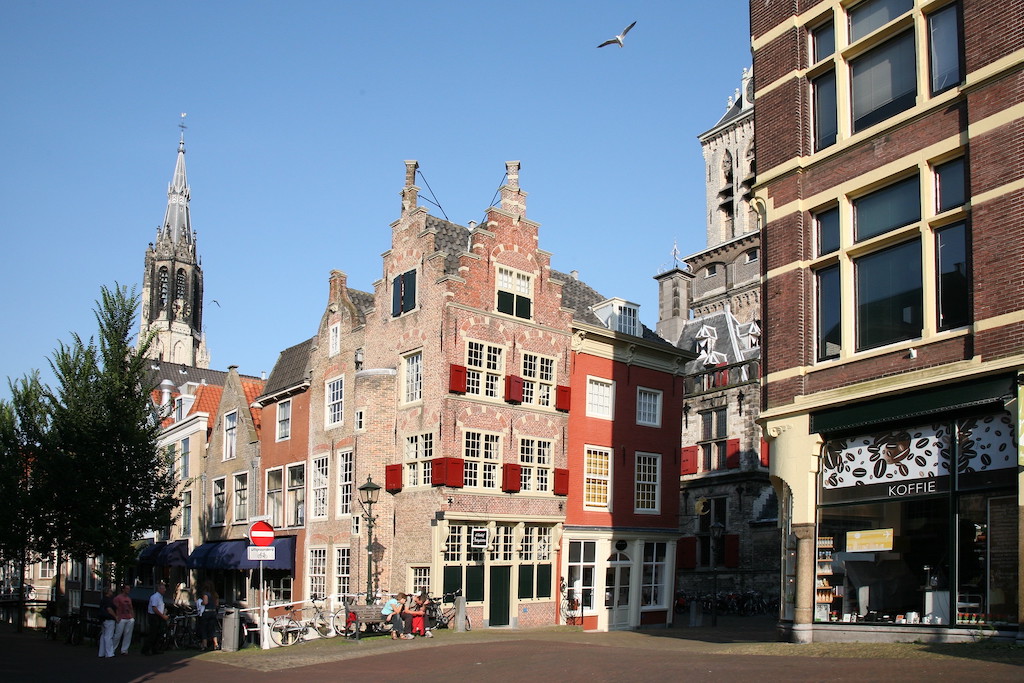Geothermal desalination system for potable water designed in India
Energy Disrupter
Professors in India have designed a desalination system that harnesses geothermal energy as heat source to produce potable water from seawater or brackish water
Three professors from different institutes in Ahmedabad, India have designed a desalination system to produce potable water from seawater or brackish water using geothermal energy as a heat source. The city of Ahmedabad is in Gujarat where various efforts to exploit geothermal energy have been explored, as we have reported previously.
According to Manah Shah, Professor at Pandit Deendayal Energy University (PDEU), “geothermal energy was used as a heating source for a desalination system in this project. The desalination system is designed to provide drinking water 24 hours and is especially useful in water-scarce areas.”
He is working with Assistant Professor Mitul Prajapati of S.S. Agrawal Institute of Engineering and Technology in Navsari and Professor Bhavna Soni of Sal College of Engineering in Ahmedabad.
The need to tap other sources of drinking water has become crucial in the past couple of decades because of a diminishing supply of consumable water. About 97% of the global water supply is salty and cannot be consumed without prior processing. Shah also envisions using the water produced from the desalination system for agricultural and industrial applications.
Gujarat has been the focus of geothermal exploration in India for the last several years. Locations such as Unai, Tuwa, Gandhar, and Dolera have already been identified as having good potential for harnessing geothermal energy.
Source: The Times of India

















